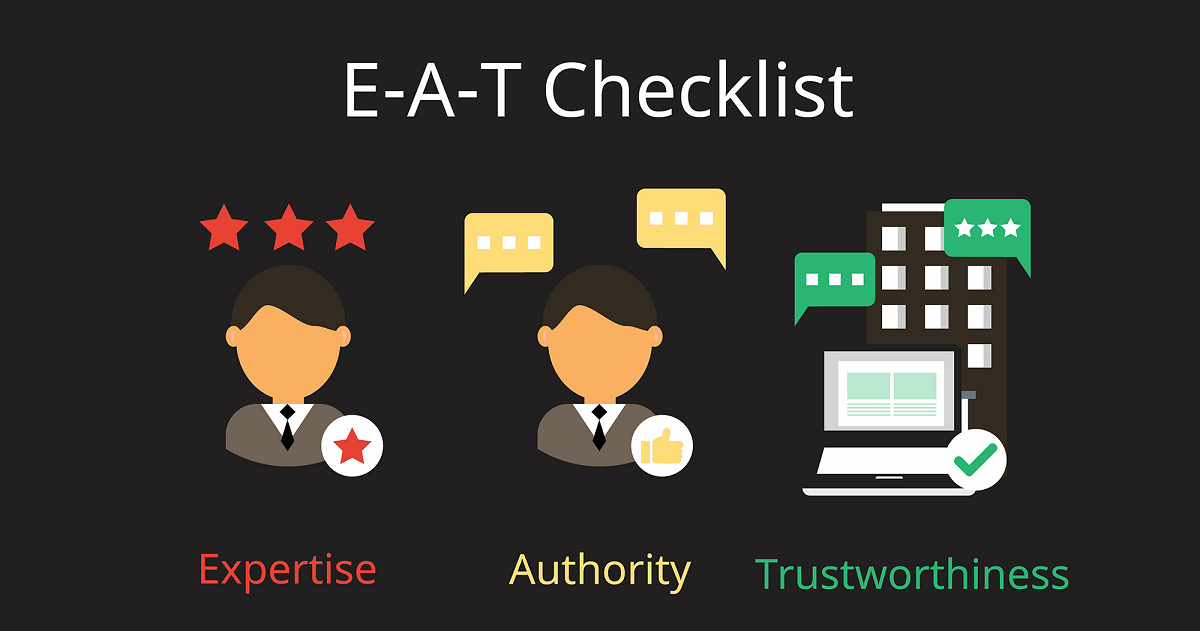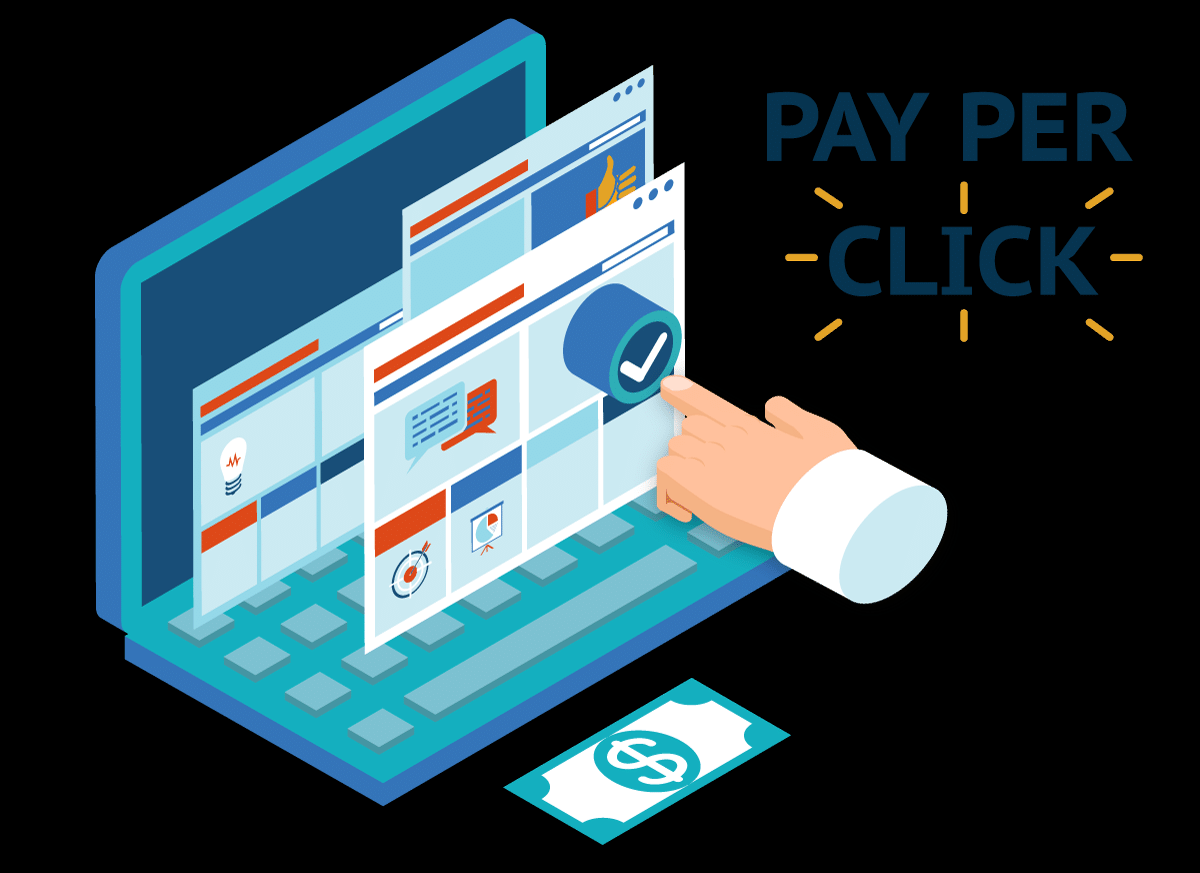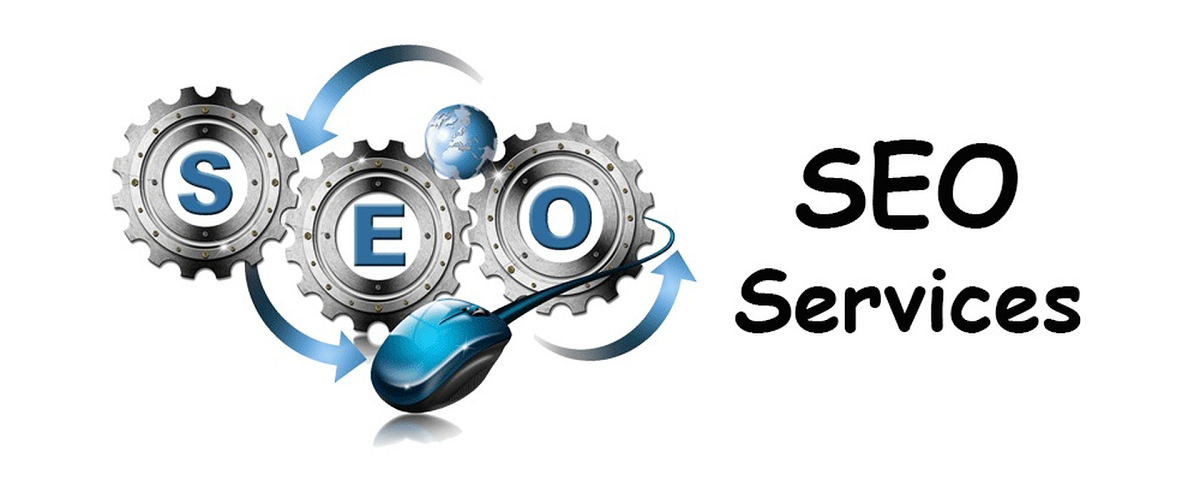BLOG
SEO For Real Estate: Strategies For Property Websites

In today's digital age, where the majority of homebuyers turn to the internet to begin their search for the perfect property, mastering the art of Search Engine Optimization (SEO) is imperative for real estate professionals. With countless property websites vying for visibility in search engine results, understanding and implementing effective SEO strategies can make all the difference in attracting qualified leads and closing deals.
Welcome to our comprehensive guide on SEO for real estate – a roadmap to enhancing the online presence of property websites and maximizing their visibility to potential buyers and sellers alike. Whether you're a seasoned real estate agent looking to amplify your digital footprint or a property website owner aiming to increase organic traffic, this blog is tailored to equip you with the essential knowledge and strategies needed to succeed in today's competitive online landscape.
Throughout this guide, we'll delve into the fundamental principles of real estate SEO, from conducting keyword research and optimizing on-page elements to building high-quality backlinks and harnessing the power of local SEO. Each section will provide actionable insights and practical tips designed to empower you to elevate your real estate website's search engine rankings and drive tangible results.
In an industry where success hinges on visibility and credibility, embracing SEO isn't just an option – it's a necessity. By implementing the strategies outlined in this blog, you'll not only enhance your website's discoverability but also establish your brand as a trusted authority in the ever-evolving realm of real estate.
Join us on this journey as we unlock the secrets to unlocking the full potential of SEO for real estate, and embark on a path towards sustainable growth and success in the digital age.
Understanding The Basics Of Real Estate SEO
Understanding the basics of real estate SEO is essential for any property website looking to increase its online visibility and attract more potential buyers or sellers. SEO, or Search Engine Optimization, is the process of optimizing a website to rank higher in search engine results pages (SERPs) for relevant keywords and phrases. In the competitive real estate industry, where numerous agents and agencies are vying for attention, having a solid grasp of SEO fundamentals can make a significant difference in driving organic traffic to your website.
At its core, real estate SEO involves understanding how search engines work and what factors influence their ranking algorithms. This includes optimizing on-page elements such as metadata, headers, and content, as well as off-page factors like backlinks and social signals. Additionally, local SEO plays a crucial role for real estate professionals, as many property transactions are location-specific.
Keyword research is another fundamental aspect of real estate SEO. Agents and agencies need to identify the keywords and phrases that potential clients are using when searching for properties online. This involves not only generic terms like "homes for sale" but also more specific long-tail keywords related to property types, neighborhoods, and amenities.
Moreover, real estate websites must prioritize user experience and mobile-friendliness, as these factors are increasingly important for search engine rankings. Ensuring that your website loads quickly, is easy to navigate, and provides valuable content to visitors can improve both user engagement and SEO performance.
By mastering the basics of real estate SEO, agents and agencies can improve their online visibility, attract more qualified leads, and ultimately grow their business in a competitive market.
Optimizing On-Page Elements
Optimizing on-page elements refers to the process of fine-tuning various aspects of a web page to improve its visibility and ranking in search engine results pages (SERPs). This optimization focuses on elements that are directly within the control of the website owner or developer. Here are some key components of on-page optimization:
- Title Tags: These are HTML elements that specify the title of a web page. Optimizing title tags involves incorporating relevant keywords and creating titles that are compelling and descriptive to both search engines and users.
- Meta Descriptions: Meta descriptions provide a brief summary of the content of a web page. Optimizing meta descriptions involves writing concise and engaging descriptions that encourage users to click through to the page from the search results.
- Headings (H1, H2, etc.): Proper use of headings helps search engines understand the structure and hierarchy of the content on a page. Using keywords in headings (especially in the H1 tag) can improve SEO.
- URL Structure: Optimizing the URL structure involves creating clean, descriptive URLs that include relevant keywords and accurately reflect the content of the page.
- Content Optimization: This includes optimizing the actual content on the page by incorporating relevant keywords naturally and strategically throughout the text. Content should be well-written, informative, and engaging to both users and search engines.
- Image Optimization: Images on a web page should be optimized for SEO by using descriptive filenames and alt tags that include relevant keywords. Optimizing image file sizes for faster loading times also contributes to a better user experience, which indirectly impacts SEO.
- Internal Linking: Internal linking involves linking to other pages within the same website. This helps search engines discover and index other pages on the site, distributes link equity throughout the site, and improves user navigation.
- Schema Markup: Schema markup is a structured data vocabulary that helps search engines understand the content of a web page more accurately. Adding schema markup to relevant elements on a page can enhance its appearance in SERPs and improve click-through rates.
- Page Speed Optimization: Optimizing page speed involves optimizing factors such as server response times, browser caching, image compression, and minimizing render-blocking resources to ensure that web pages load quickly and provide a smooth user experience.
- Mobile Friendliness: With the increasing use of mobile devices for internet browsing, optimizing web pages for mobile responsiveness is crucial for SEO. Mobile-friendly websites are favored by search engines and provide a better user experience for mobile users.
Leveraging Content Marketing For SEO
- Creating Informative and Engaging Content: Real estate professionals can produce various types of content, including blog posts, articles, guides, case studies, infographics, videos, and more. This content should address the needs, interests, and pain points of their target audience, such as homebuyers, sellers, renters, investors, and local communities.
- Optimizing Content for Keywords: Content should be optimized with relevant keywords and phrases that potential clients are likely to use when searching for real estate-related information online. This helps improve the visibility of the content in search engine results pages (SERPs) and attracts organic traffic to the website.
- Providing Value and Solutions: Content should offer valuable insights, tips, advice, and solutions to common real estate challenges and questions. By positioning themselves as knowledgeable and helpful resources, real estate professionals can build trust and credibility with their audience, which can lead to increased engagement and conversions.
- Addressing Frequently Asked Questions (FAQs): Creating content that addresses frequently asked questions about buying, selling, renting, or investing in real estate can help attract relevant traffic to the website and establish authority in the industry. FAQ pages, blog posts, and videos addressing common concerns can also help improve search visibility for long-tail keywords.
- Showcasing Listings and Property Information: Real estate agents and agencies can leverage content marketing to showcase their listings and provide detailed information about properties for sale or rent. High-quality photos, virtual tours, property descriptions, and neighborhood guides can enhance the user experience and attract potential buyers or renters.
- Promoting Content Across Channels: In addition to publishing content on their website, real estate professionals can promote their content across various channels, including social media platforms, email newsletters, industry forums, and online communities. This helps increase the reach and visibility of the content and drives traffic back to the website.
- Encouraging User Engagement and Interaction: Content marketing can facilitate engagement and interaction with the target audience through comments, shares, likes, reviews, and testimonials. Encouraging user-generated content and feedback can enhance the credibility and relevance of the website in the eyes of search engines.
- Monitoring Performance and Adjusting Strategies: Real estate professionals should regularly monitor the performance of their content marketing efforts using analytics tools. Tracking key metrics such as website traffic, engagement, conversion rates, and keyword rankings can help identify areas for improvement and guide future content creation and optimization strategies.
Measuring And Tracking SEO Performance
- Website Traffic: Monitoring the overall traffic to your website is crucial. Tools like Google Analytics provide insights into the number of visitors, page views, and sessions over time. You can analyze traffic trends and identify which pages attract the most visitors.
- Keyword Rankings: Tracking your website's rankings for target keywords is essential to gauge your SEO progress. Tools like SEMrush, Ahrefs, or Moz allow you to monitor keyword positions in search engine results pages (SERPs) and track changes over time.
- Organic Search Visibility: Assessing your website's visibility in search results is key to understanding its performance. Tools like Google Search Console provide data on impressions, clicks, click-through rates (CTRs), and average position for various search queries.
- Backlink Profile: Monitoring your backlink profile helps evaluate the quality and quantity of inbound links to your website. Tools like Ahrefs or Majestic provide insights into your backlink profile, including the number of backlinks, referring domains, and their authority.
- User Engagement Metrics: Analyzing user engagement metrics such as bounce rate, time on site, and pages per session helps evaluate the relevance and usability of your website's content. High engagement metrics indicate that visitors find your content valuable and engaging.
- Conversion Rates: Tracking conversions, such as leads generated, inquiries, or sales, helps measure the effectiveness of your SEO efforts in driving desired actions on your website. You can set up conversion tracking in Google Analytics to attribute conversions to specific SEO efforts.
- Local SEO Performance: For businesses targeting local audiences, tracking local SEO performance metrics such as local pack rankings, local search impressions, and Google My Business insights is crucial for assessing visibility in local search results.
- Competitor Analysis: Comparing your SEO performance metrics with those of your competitors provides valuable insights into your relative strengths and weaknesses. Identify competitors ranking for similar keywords and analyze their strategies to identify opportunities for improvement.
- Regular Reporting and Analysis: Regularly monitoring and reporting on SEO performance metrics is essential for identifying trends, evaluating the impact of optimization efforts, and making data-driven decisions to refine your SEO strategy over time.
In the dynamic realm of real estate marketing, mastering SEO is a game-changer for property websites. From keyword research to content creation and local SEO, every strategy discussed here is crucial for boosting your site's visibility and attracting valuable traffic.
Measuring and tracking SEO performance with tools like Google Analytics is key to refining your approach continually. But remember, SEO is an ongoing effort that demands dedication and adaptability.
- Audit your website for SEO improvements.
- Develop a targeted keyword strategy.
- Optimize property listings with engaging content.
- Invest in local SEO for targeted reach.
- Regularly monitor SEO metrics for insights.
Ready to elevate your real estate website's performance? Implement these strategies today to see tangible results in rankings, visibility, and lead generation. Success in real estate SEO is within your reach—start now!











